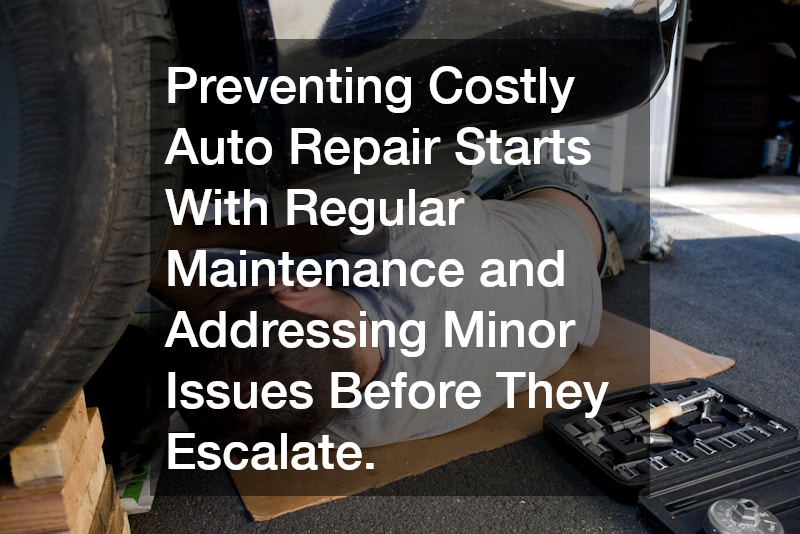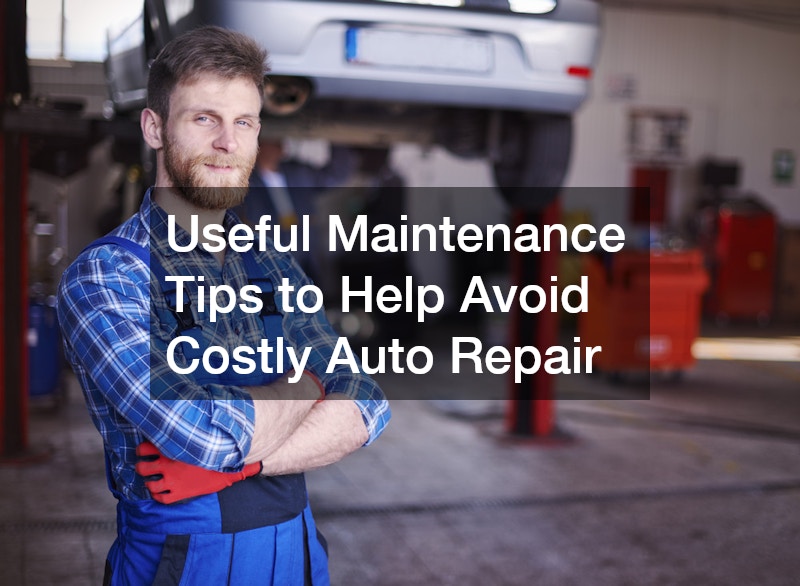Maintaining a vehicle is essential for ensuring its longevity, safety, and performance. Regular upkeep helps prevent expensive breakdowns and keeps your car running smoothly. Many drivers neglect basic maintenance, only addressing issues when they become major problems. However, by following a proactive approach, you can reduce the likelihood of costly auto repair expenses. Below are some useful maintenance tips that will help you save money and keep your car in excellent condition.
Regular Oil Changes and Fluid Checks
One of the most critical aspects of vehicle maintenance is changing the oil at the recommended intervals. Engine oil lubricates internal components, preventing friction and overheating. Old or dirty oil loses its effectiveness, leading to increased engine wear and possible damage. Depending on the type of oil used and the manufacturer’s recommendations, an oil change should typically be done every 3,000 to 7,500 miles. In addition to oil changes, checking and topping off other essential fluids is crucial. Transmission fluid, coolant, brake fluid, and power steering fluid all play vital roles in keeping your car operational. Low or contaminated fluids can lead to serious mechanical failures. Inspecting and maintaining these fluids regularly helps prevent unexpected and costly repairs.
Monitor Tire Condition and Pressure
Tires are one of the most overlooked components of vehicle maintenance, yet they significantly impact safety, fuel efficiency, and overall performance. Underinflated or overinflated tires can lead to uneven wear, poor handling, and increased fuel consumption. Checking tire pressure monthly ensures optimal performance and prevents premature wear. Rotating the tires every 5,000 to 7,000 miles promotes even wear and extends their lifespan. Additionally, wheel alignment should be checked at least once a year or whenever you notice uneven tire wear or steering issues. Properly maintained tires improve fuel economy and reduce the risk of accidents caused by tire blowouts or loss of traction.
Inspect Brakes Regularly
Brake failure is one of the most dangerous issues a driver can face. If you hear squeaking, grinding, or experience a soft brake pedal, it is crucial to have the braking system inspected immediately. Worn-out brake pads, damaged rotors, or leaking brake fluid can compromise stopping power, leading to accidents and expensive repairs. Regular brake inspections ensure that components are functioning correctly and prevent costly replacements. Most brake pads should be replaced every 30,000 to 70,000 miles, depending on driving habits and road conditions. Addressing brake issues early reduces the risk of total brake failure and minimizes repair expenses.
Replace Air Filters and Spark Plugs
Air filters and spark plugs play essential roles in engine performance. A clogged air filter restricts airflow, reducing fuel efficiency and engine power. Most manufacturers recommend replacing air filters every 12,000 to 15,000 miles, but checking them periodically can prevent poor engine performance. Spark plugs ignite the air-fuel mixture in the engine, and worn-out plugs can cause misfires, rough idling, and decreased fuel efficiency. Replacing spark plugs according to the manufacturer’s recommendations—typically between 30,000 and 100,000 miles—ensures optimal engine performance and prevents costly repairs.
Check the Battery and Electrical System
A dead battery can leave you stranded and result in towing and replacement costs. Checking the battery terminals for corrosion, ensuring a secure connection, and testing the battery voltage can prevent unexpected failures. Most car batteries last between three to five years, but extreme temperatures and frequent short trips can shorten their lifespan. Additionally, inspecting the alternator and starter ensures that the electrical system functions properly. If you notice dim headlights, slow engine cranking, or dashboard warning lights, have the electrical system checked before a minor issue turns into a major expense.
Keep the Cooling System in Good Condition
The cooling system prevents the engine from overheating, which can cause severe damage. Regularly checking the coolant level and flushing the system as recommended by the manufacturer helps prevent leaks and overheating. Radiator hoses should be inspected for cracks or leaks, as a failing hose can result in coolant loss and engine overheating. Overheating can lead to costly engine repairs, including head gasket failure or even a complete engine replacement.
Preventing costly auto repair starts with regular maintenance and addressing minor issues before they escalate. By changing the oil, checking fluids, monitoring tire pressure, inspecting brakes, and keeping the cooling system in good condition, drivers can protect their vehicles from severe mechanical failures. Additionally, paying attention to warning signs, following the manufacturer’s maintenance schedule, and ensuring electrical and suspension components function properly help extend the vehicle’s lifespan. A proactive approach to maintenance not only saves money but also ensures a safe and reliable driving experience. Taking the time to care for your vehicle today can prevent expensive repair costs down the road.
.


